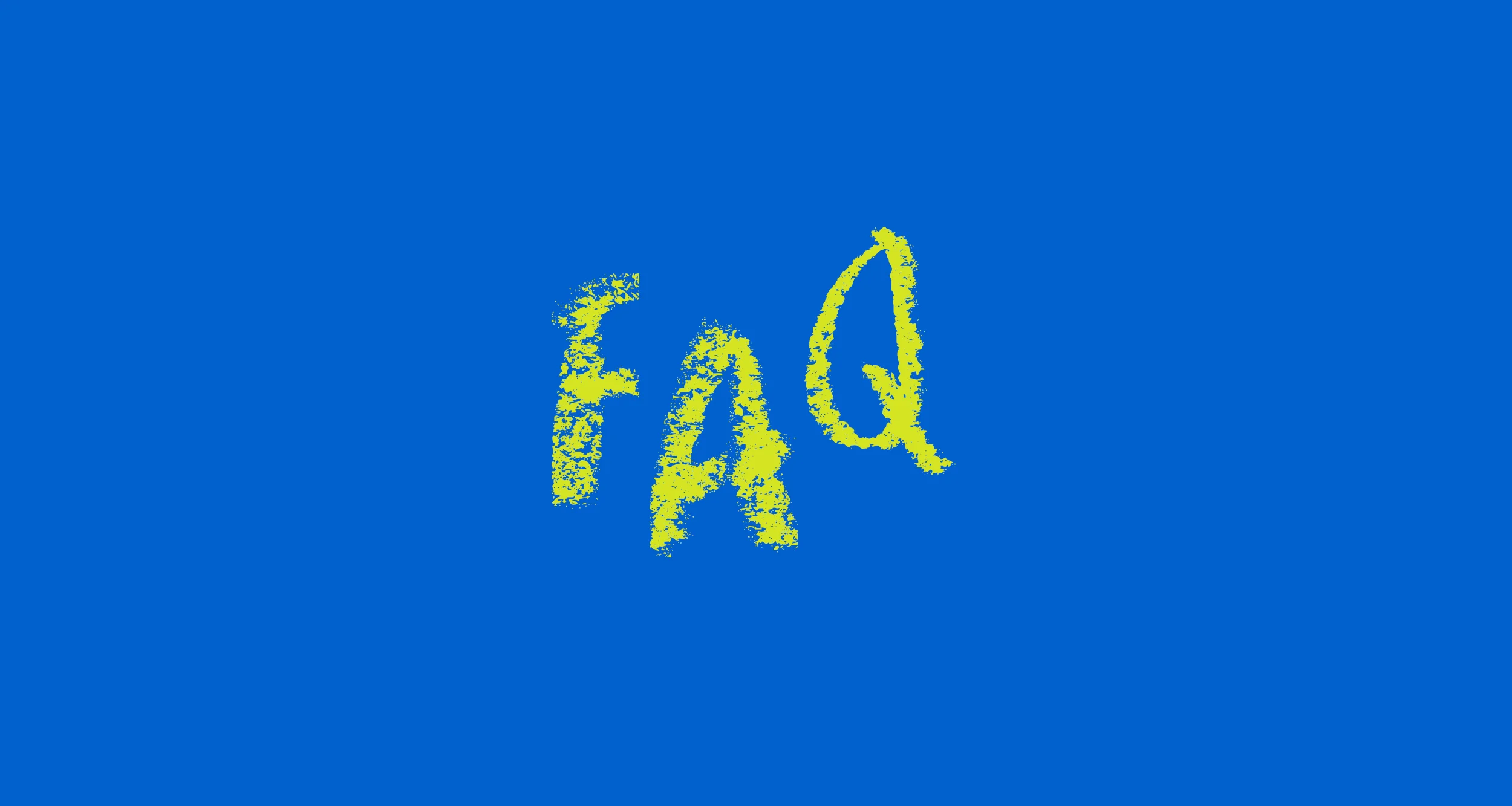Q: The band Franz Ferdinand have a song called “Lindsey Wells,” which came out in 2006. Is there any connection to Lindsey Wells and Franz Ferdinand’s grave in Katherines?
No it’s just a completely crazy coincidence. (She was called that long before the song existed.)
